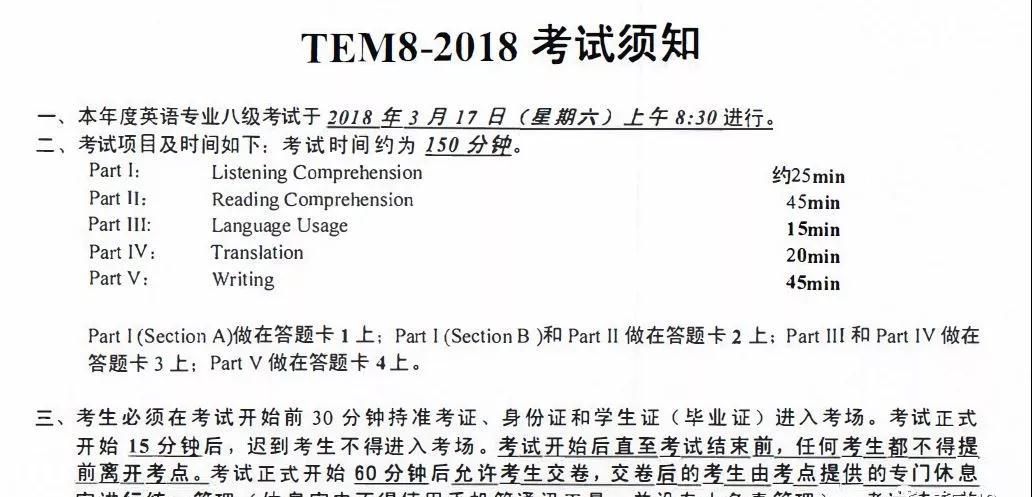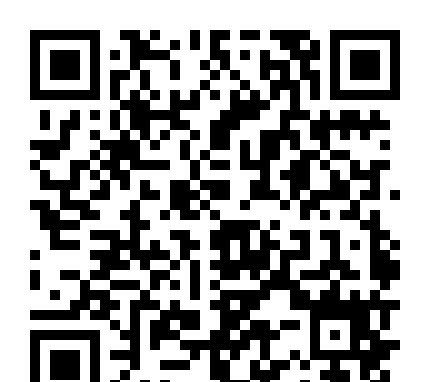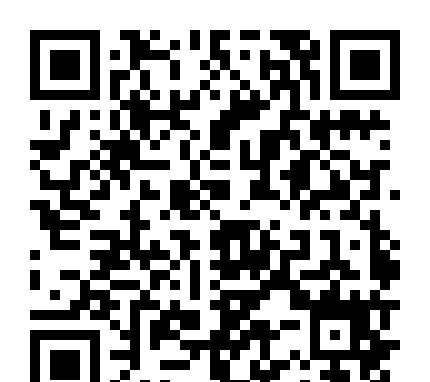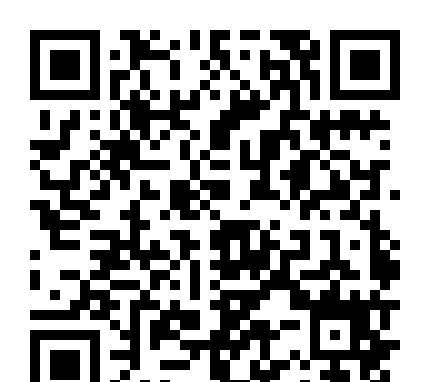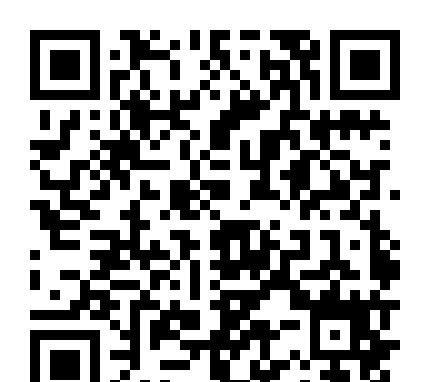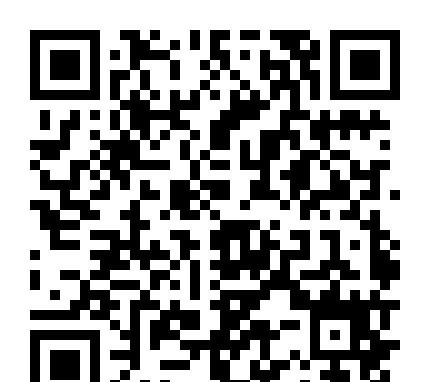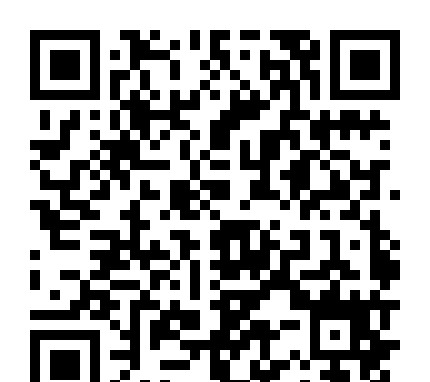专业四级考试词汇语法详细解答40套二十八
|
Test Twenty?Eight??? 近义词辨析? shake, tremble, quake, shiver, quaver? 这组词均含有“打破”或“挤碎”的意思。? shake 适用范围广,可用于人也可用于物。该词所表示的动作的方向既可以是水平的也可以是垂直的。? tremble 专门用于表示人体轻微、迅速地振动,特别是当人激动、怯懦、寒冷、疲惫时不自觉地发抖。 可用来代替tremble,常表示剧裂震动,如地震等,也可表示人因天气寒冷发抖或因愤怒等强烈情绪而内心震动。? shiver 意为“颤抖,哆嗦”,特指因寒冷或恐惧而打寒战,多用于人。? quaver 有时表示不规则的震动或波动,尤其表示某些具有扰乱结果的震动或波动,它常常强调颤抖,特别是激动的情感对声音与言辞的影响。? To be shaken before taking.(药瓶标签用语)服前摇匀。? Her hands trembled with eagerness as she opened the letter.她拆信时,急得双手发抖。? His accusing hand stiffly extended, quaking in mute condemnation.他那控诉的手僵硬地伸出去,在无声的谴责中颤抖。? She is shivering with cold so that her teeth are chattering.她冷得直哆嗦,牙齿咯咯作响。? The breeze set the flames of the street lamps quavering.街灯在微风中摇曳着。?? subject, name, title, topic? subject 意为“题目,主题”,既可以指文章、谈话、演讲等的“主要内容,主要涉及对象”,又可以指文章或演讲等的“具体名称,标题”。subject还可指学科、科目。? name 意为“名字,姓名,名称”,一般只用于人、动物或地方。? title 意为“名称,标题”,一般用于具体印发的作品、书籍。另外,一篇文章的题目如果是印出来了,那么既可以用subject又可以用title,如果在印发之前,就不能用title而要用subject,另外,title还可以作“称号,头衔”讲。? topic 一般译为“话题”,多为谈话、辩论、演讲、作文的题目。? The subject of their conversation was the war. 他们谈话的主要内容是战争。? What’s the name of the film?电影的名字是什么?? The title of the article is In Search of Silence.文章的题目是“寻寂”。? Here are some topics for discussion.下面是一些讨论题目。 全真模拟试题? 1. We are late. I expect the film ?____? by the time we get to the cinema.? A. has startedB. will have started? C. will startD. may start? 2. But for sunlight, there ?____? no moonlight.? A. will beB. would beC. had beenD. was? 3. All flights ?____? because of the snowstorm, many passengers could do nothing but take the train.? A. had been cancelledB. were cancelled? C. have been cancelledD. having been cancelled? 4. ?____? seeing the damage he had done, he felt ashamed.? A. ByB. OnC. AtD. For? 5. It is high time you ?____? that you are not the most important person in the world.? A. realizedB. have realized? C. realizesD. will realize? 6. These two areas are similar ?____? they both have a high rainfall during this season.? A. to thatB. basides that? C. in thatD. except that? 7. If he hadn’t stood under the ladder to catch you when you fell, you ?____? here now.? A. wouldn’t be smiling B. won’t smile ? C. couldn’t have smiledD. didn’t smile? 8. We will visit Huangshan next year ?____? we have enough money.? A. lestB. untilC. unlessD. provided? 9. The older worker and the young each ?____? their own tools.? A. haveB. hasC. are havingD. is having? 10. William told his wife ?____? .? A. to have his shoes shone? B. to have his shoes shined? C. to have his shoes shining? D. shine his shoes? 11. The task wasn’t easy, but we managed it?____?.? A. anyhowB. somehowC. any wayD. some way? 12. Jane has just ?____? a letter from a friend of hers in England.? A. returnedB. answeredC. offeredD. replied? 13. Mr. John had given no ?____? that he was intending to resign.? A. directionB. symptomC. information D. indication? 14. As she opened the gate the lion gave a loud ?____? and bounded at her.? A. yellB. cryC. roarD. shout? 15. He spoke so quickly that I didn’t ?____? what he said.? A. catchB. listenC. getD. take? 16. It isn’t quite ?____? that he will be present at the meeting.? A. sureB. rightC. exactD. certain? 17. She has a terribly hot temper, ?____? she is really kind.? A. on the other hand B. on the contrary? C. on second thoughts D. on the whole? 18. Russel ?____? world opinion to condemn their policy of aggression.? A. called onB. called for ? C. called upD. called off ? 19. We must ?____? technical innovations and raise productivity.? A. speed forB. step upC. switch onD. turn up? 20. We advised them to take a rest, but they ?____? on finishingthe work.? A. suggestedB. continuedC. insistedD. persisted? 21. I love boiled eggs and potatoes; it’s my ?____? meal.? A. deliciousB. popularC. favoriteD. fondest? 22. When we had finished dinner, Jimmy asked the waiter to bring him the ?____?.? A. countB. billC. tipD. account? 23. Having kissed her son, Eve gave him a dismissive ?____? towards the car.? A. pushB. pullC. dragD. draw? 24. They climbed to the top of the hill ?____? they could get a bird’s?eye view of the city.?A. in caseB. for fear that ? C. in order thatD. as a result? 25. The members in the testing team were quite ?____? and could change schedule upon request.? A. flexibleB. gentleC. sophisticatedD. shrewd 试题答案与解析?? 1. B)【句意】我们晚点了,估计在我们到达电影院之前电影就已经开始了。? 【难点】该句子中的expect意为“考虑,估计”;by the time 意为“在…之前”,常和将来完成时连用。? 2. B)【句意】要是没有阳光,也就不会有月光。? 【难点】英语中经常用介词短语表示虚拟条件,常用的这类介词短语为: without,in the absence of,but for等。本句中的虚拟语气表示与现在事实相反的一种假设,故主句中谓语为would be。? 3. D)【句意】因为暴风雪,所有航班被取消,所以许多乘客只好坐火车。? 【难点】该句逗号前是一个独立结构,逻辑主语是All flights,逻辑谓语的动作在那时业已完成,所以选择having been cancelled。? 4. B)【句意】看到自己造成的损坏,他觉得非常羞愧。? 【难点】“on +动名词”往往用于句中表示时间状语,意为“在…时候”,是一常用的固定搭配。? 5. A)【句意】你该意识到你并不是世界上最重要的人。? 【难点】虚拟语气也常用于it is hightime that 的结构中,意为“该…了”。that 从句中的谓语一般用一般过去时。? 6. C)【句意】这两个地区相似,因为它们这个季节的降水量都很大。? 【难点】从句子结构和句意分析可知,两个句子之间构成因果关系,而能够表示因果关系的连词只有 in that,意为“原因是,原因在于”,常放在第二个句子的句首,表示第一句中事件发生的原因。? 7. A)【句意】如果你掉下来的时候,他没站在梯子下接住你,你现在就不会还在这儿笑眯眯的了。? 【难点】此句为一错综时间条件句,从句表示与过去事实相反的一个假设,按照常规虚拟语气的要求,主句中的谓语动词应为wouldn’t have smiled才能表示与过去事实相反;但从时间状语判断,主句实际要表达的是与现在事实相反,所以谓语动词为wouldn’t be smiling。? 8. D)【句意】假如我们有足够的钱,明年我们就去游黄山。? 【难点】provided 意为“假若”,相当于if 或on condition that,常用于引导条件状语从句。lest意为“以防,以免”,由其引导的从句常常用虚拟语气。until 的用法为:如果主句的谓语动词为延续性动词的肯定式,则until意为“直到,到…为止”;如果主句中的谓语动词为非延续性动词,则主句应该用否定式,此时until意为“直到…才”。unless 意为“除非,如果不”,相当于if not。? 9. A)【句意】年长和年轻的这两位工人各有自己的工具。? 【难点】each接在复数主语后只起状语作用,所以全句的谓语动词仍用复数形式。? 10. B)【句意】威廉告诉自己的妻子给他擦皮鞋。? 【难点】have sth done 是一个常见句型,意为“使某事被做”;shine 作擦皮鞋讲时,过去分词是shined”。? 11. B)【句意】这项任务不易完成,但我们还是想办法完成了。? 【难点】somehow 意为“以某种方式,用某种方法”;anyhow 意为“无论用何种方法”;any way 意为“任何方式”,是名词;some way 是“某种方式”,也是名词。? 12. B)【句意】简刚刚给她英国的一个朋友回了一封信。? 【难点】answer a letter 意为“回信”,此时,answer不能换成reply 。return意为“归还,退回”,offer意为“提出”。? 13. D)【句意】约翰先生没有作出打算辞职的暗示。? 【难点】indication 意为“暗示,迹象”;direction 意为“方面,方向,指令”;symptom意为“征兆,征候”;information意为“消息,情报”。? 14. C)【句意】她打开大门,狮子大吼一声,向她扑去。? 【难点】roar 意为“吼声,怒号;轰鸣”;yell 意为“叫喊,号叫”;cry 意为“喊叫;哭”;shout意为“呼喊”,但和yell不同。shout强调一个人以最高音调喊叫,以与周围声音对抗,可表示愤怒或救援等;yell指响亮而刺耳的喊声,尤指求救的喊声或运动时发出的不由自主的叫声。? 15. A)【句意】他说的非常快,我没听懂他说什么。? 【难点】catch 意为“听清楚,领会,理解”;listen 指“(注意地)听”;get 意为“学会;掌握;记住”;take 意为“领会接受”。 16. D)【句意】说不好他会不会出席会议。? 【难点】certain意为“肯定的,必然的”,只作表语,主语可以是人,也可以是it,后面接真实主语从句;sure意为“确信的,有把握的,自信的”,主语一般是人,即可作表语也可作定语;right 意为“正确的,对的”;exact 意为“精确的,准确的”。? 17. A)【句意】她脾气暴躁,但另一方面她很和蔼。? 【难点】on the other hand 意为“另一方面”;on the contrary 意为“正相反”;on second thoughts意为“又一想;重新考虑后”;on the whole 意为“总的来看”。? 18. A)【句意】罗素呼吁全世界舆论界谴责他们的侵略政策。? 【难点】call on 意为“呼吁,号召,要求”;call for 意为“要求”;call up 意为“召集,征召…入伍”;call off 意为“取消”。? 19. B)【句意】我们必须加快技术革新,提高生产力。? 【难点】step up 意为“加快,加速”;speed for 不是固定搭配;switch on 意为“用开关接通电流;打开(电器开关)”;turn up 意为“开大(声音),调高”。? 20. C)【句意】我们建议他们休息,可是他们坚持要完成这项工作。? 【难点】insist on意为“坚持,主张”,后接名词或动名词,是习惯搭配;suggest 意为“建议”,后面不可接on ;continue 意为“继续,持续”,后接名词或不定式;persist意为“坚持,固执”,后接介词in。? 21. C)【句意】我喜欢煮鸡蛋和煮土豆,那是我最喜欢吃的。? 【难点】favorite 意为“最喜欢的”;delicious 意为“美味的,好吃的”;popular 意为“受欢迎的,通俗的”;fond 意为“喜欢的,喜爱的”,后接of,构成be fond of,意为“喜欢…”。? 22. B)【句意】我们吃完饭之后,吉米让侍者把账单拿给他。? 【难点】count 意为“计数;总数”;tip 意为“小费”;account 意为“账户,户头”;bill 意为“账单”,是正确答案。? 23. A)【句意】吻过儿子后,夏娃把他推向小汽车,表示他自由了。? 【难点】push 意为“推,推动”。后三个词中,pull是最一般的词,可指朝任何方面的移动,用力可大可小。drag 指与地平线平行或斜着向上拖动,常表示在有阻力的情形下,拖一种很重的东西费力地行进。draw表示平稳地持续抽或拉。? 24. C)【句意】他们爬上山顶,想鸟瞰全城。? 【难点】in order that 意为“目的在于…,为了”,后接从句;in case 意为“免得,以防”;for fear that 意为“生怕,以免”;as a result 意为“作为结果,因此”。? 25. A)【句意】测试组成员非常灵活,可根据要求改变时间表。? 【难点】flexible 意为“灵活的,可变通的”;gentle 意为“温和的,温柔的”;sophisticated 意为“老练的,富有经验的”;shrewd 意为“机灵的,敏锐的,狡猾的”。 |


